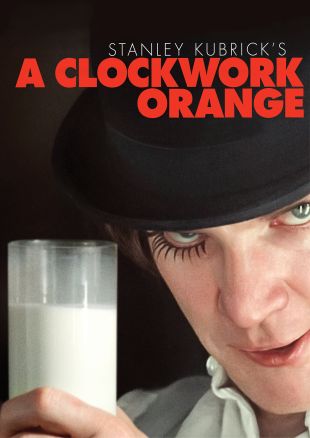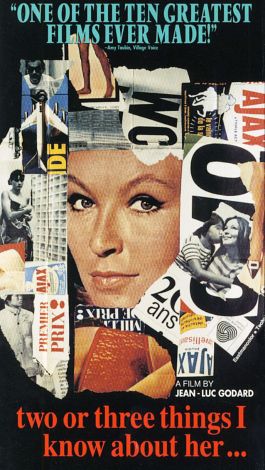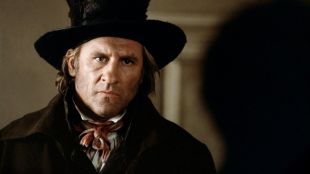There are over 200 films which quote this father of modern music's iconic compositions, discounting broadcast and filmed concerts, productions of Fidelio, numerous newsreels, documentaries, and cartoons (Fantasia 2000), most notably the Symphony No. 5. The films range from travelogues (Grand Canyon, Pride of Creation; Bagur [Paraíso del Mediterráneo]), to suspense (Murder!, 1930; Polonsky's Force of Evil), to religious pieces (The Second Greatest Story Ever Told [TV, 1994]), to sci-fi and fantasy features (Kosmichesky reys [Cosmic Journey], 1935); also quoted is the Egmont Overture in The Fighting Devil Dogs (1938), TV's Charlie Brown specials, and Soylent Green; the hypnotic theme from Symphony No. 7 is used throughout Zardoz and Tarkovsky's brooding and subtle Stalker; there is the Sonata Pathétique in Star Trek: Insurrection; and the exquisite animation of the Pastoral Symphony in Fantasia (1940).
Several excellent surreal features skillfully employ excerpts: Buñuel's L'Age d'or and Viridiana; the Symphony No. 5 in Fellini's elegant and charming Nights of Cabiria; the Emperor Concerto in Peter Weir's re-creation of a strange real-life disappearance in Picnic at Hanging Rock; the lighter-than-air mystery of Man Facing Southeast.
Beethoven, an ardent democrat, scratched out a dedication to Napoléon on the Eroica Symphony (quoted throughout Carmine Coppola's brilliant score to Abel Gance's three-screen Napoléon and in Gance's Un grand amour de Beethoven, 1936). It is therefore particularly apt that Beethoven's music accompanies anti-fascist films, such as Tank Convoy (1943), Tom and Jerry's The Yankee Doodle Mouse (1943), Band of Brothers (TV, 2001, episode 9, String Quartet Op. 131, 6th movement), and TV's Heil Hitler! Confessions of a Hitler Youth. Schiller's moving poem to universal humanity, the Ode to Joy, set in the last movement of the Symphony No. 9, backs up a Sony Digital commercial, is jived up with hip-hop rhythms in the Whoopi Goldberg vehicle Sister Act 2, underscores a guy celebrating his first successful date in Two Ninas (1999), accompanies gratuitous violence in Die Hard (which, as an in-joke, names the head gangster "Hans Grüber," the composer of "Silent Night"), and serves as a horrifying psychological trigger in Kubrick's A Clockwork Orange. The second movement opened TV's The Huntley-Brinkley Report (1956), and other movements are heard in Sophie's Choice, Nostalghia, Raising Arizona, and Shakespeare-Wallah.
The modest piano piece Für Elise is played, slowly and lyrically, by a disturbed Vietnam veteran (Emilio Estevez) to his dysfunctional 1972 Texas family prior to a violent outburst in The War at Home (TV, 1996); the piece is also heard in Rosemary's Baby, Death in Venice, Kiss Me, Stupid!, and six other films.
Beethoven's Piano Sonata No. 8, {No. 14, {No. 23, and {No. 25 and the Piano Trio No. 7, Andante Cantabile accompany a turning barber pole, a blackmail plot, the slow motion of people on a street, a car accident in slow motion, an electric chair execution, and a nice young woman playing piano in a dimly lit department store in the Coen brothers' The Man Who Wasn't There (2001).
Immortal Beloved (1994) movingly follows the composer's tragic love life as he slowly loses his hearing (his interior audio sensations imitated by resonant band-rejection filters with reverberation).


